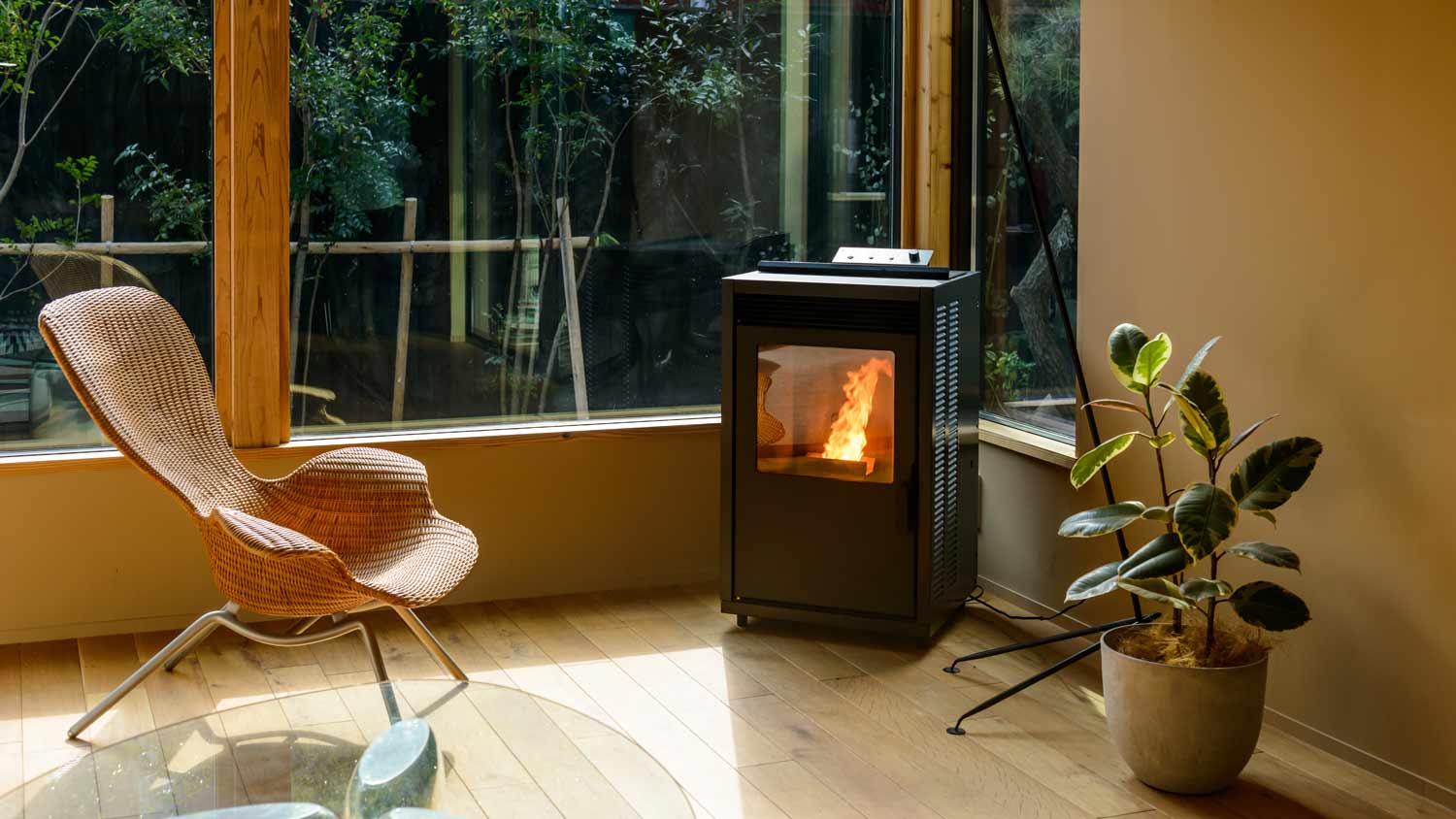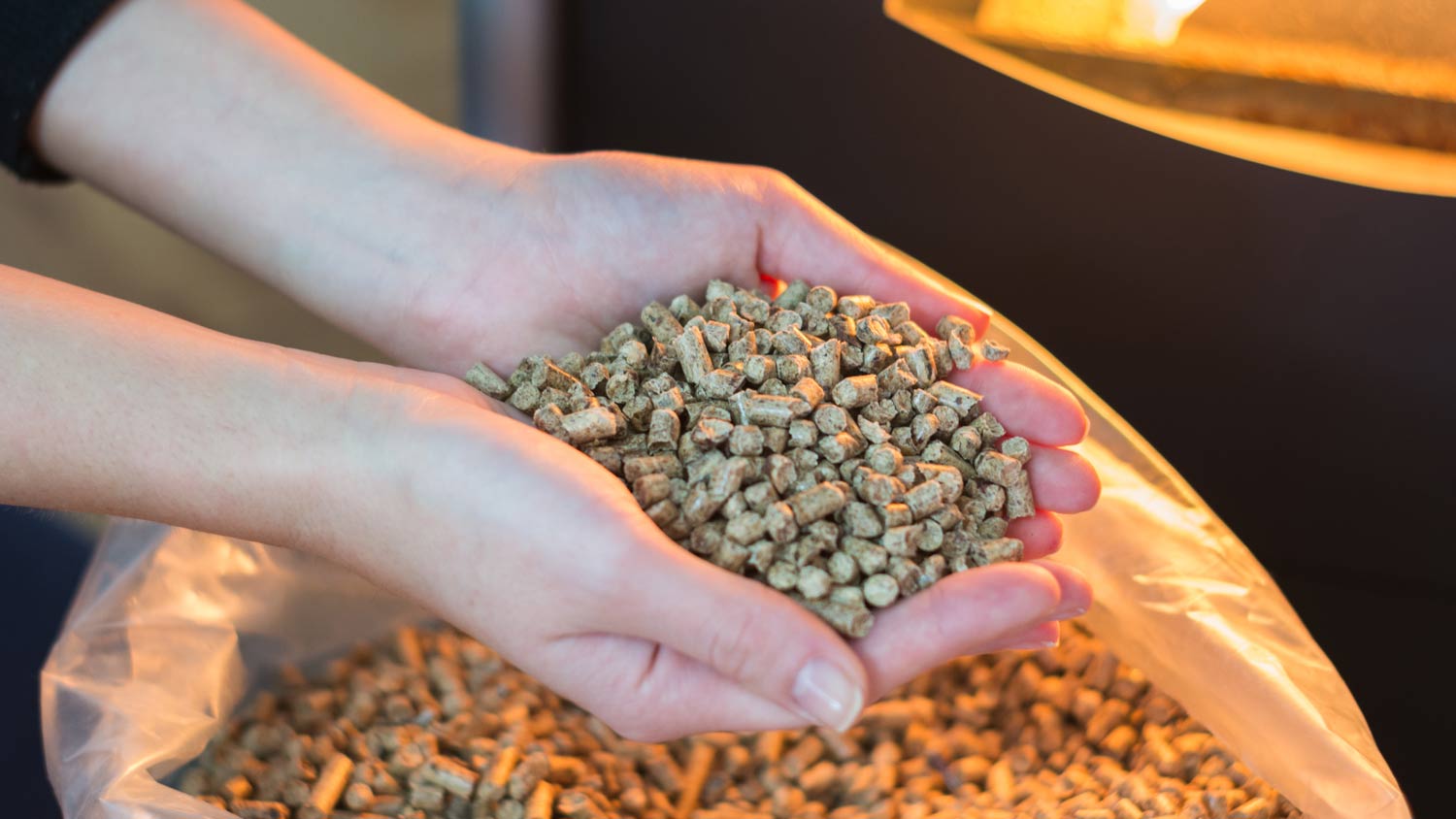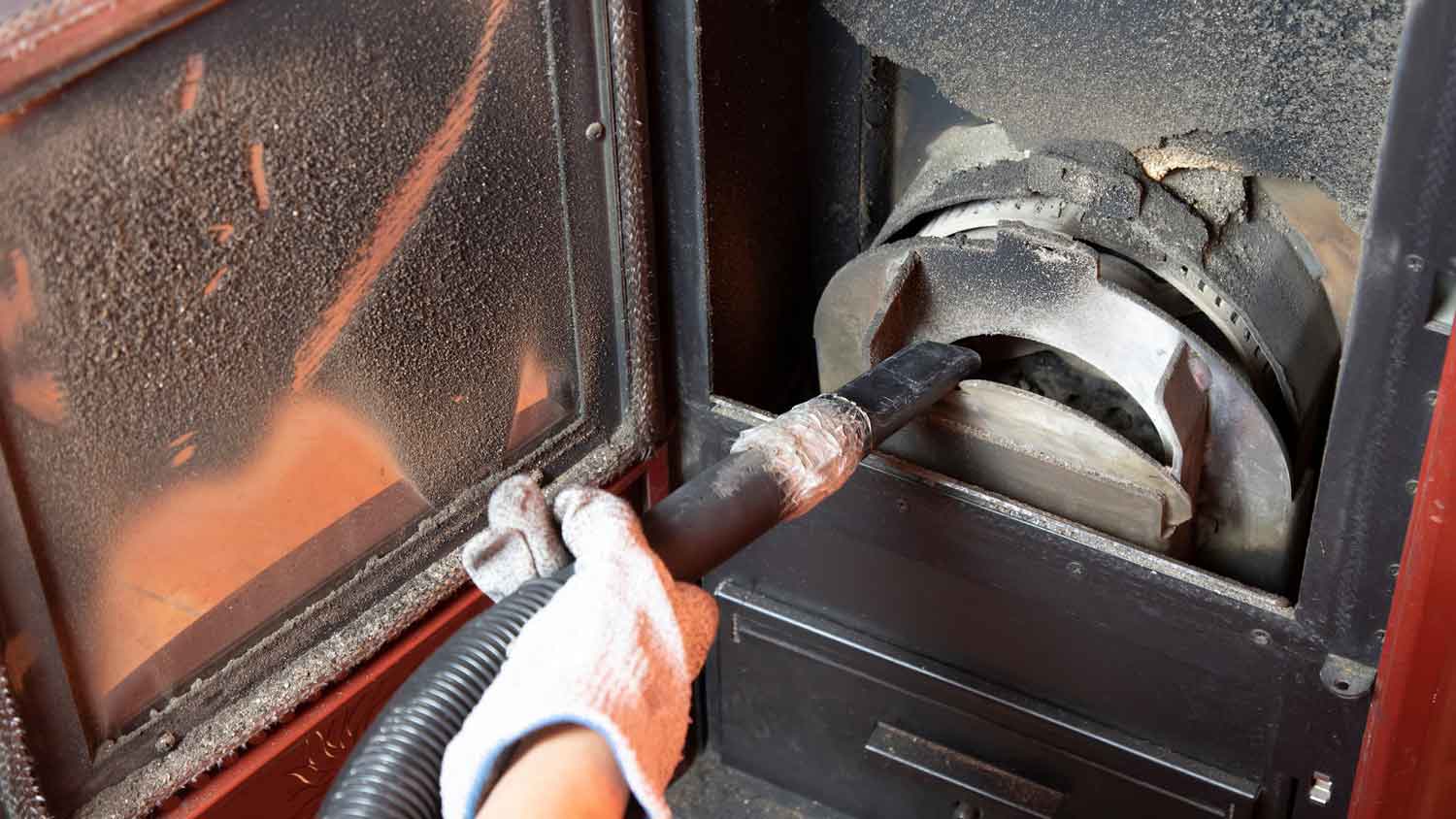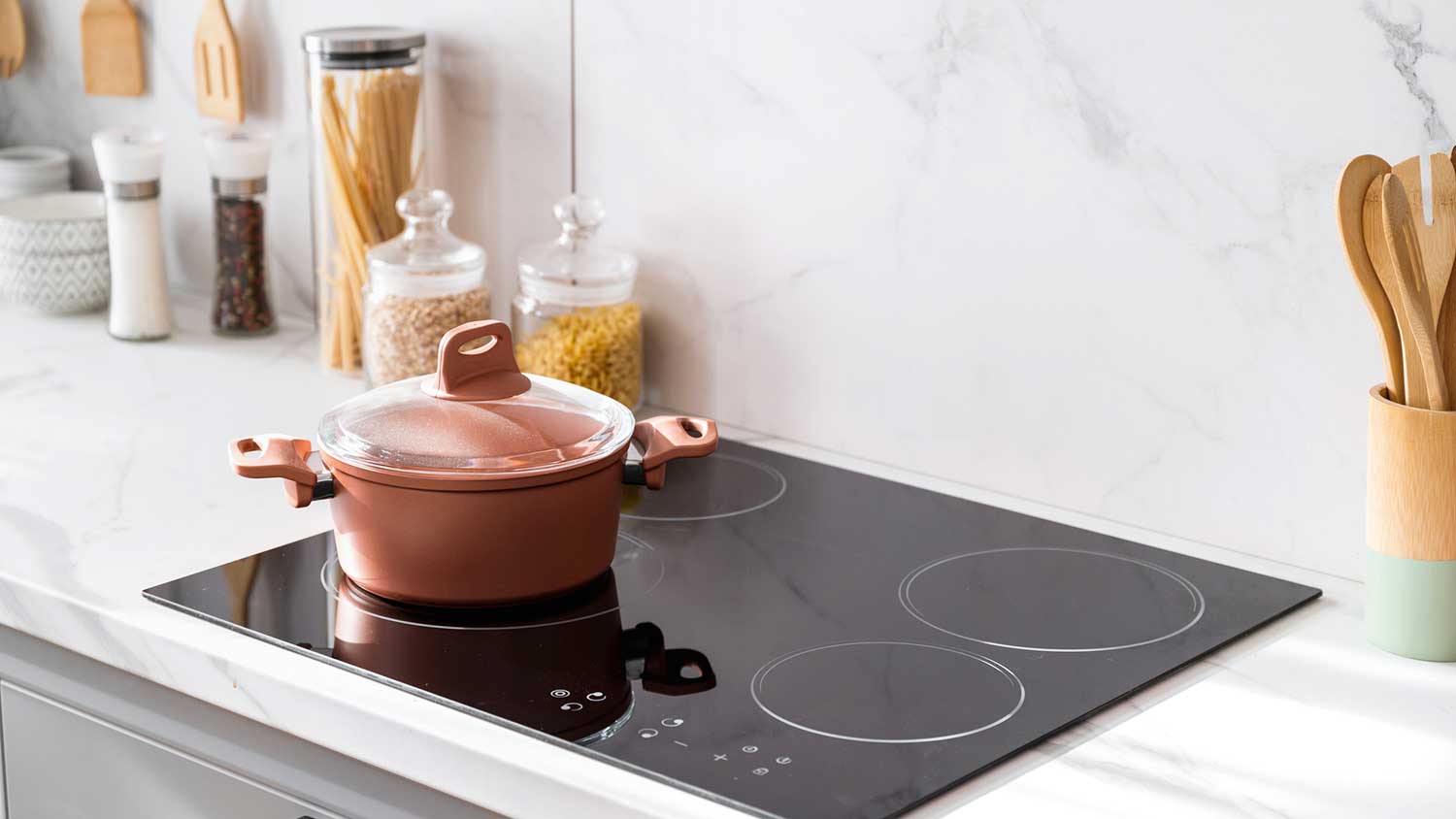
If your refrigerator has been damaged, refrigerator door dent repair cost will vary based on the imperfection's size, depth, and location. Use our guide to estimate how much you'll spend on refrigerator dent repair.
A warm welcome done differently


Pellet stoves are a good heating choice because they’re efficient, eco-friendly, and easy to use.
Pellet stoves may not be right for everyone because they require electricity, regular maintenance, and professional installation.
If a pellet stove doesn’t work for your home, consider installing a wood stove or propane heater, which are comparable alternatives to pellet stoves.
Few alternative heating sources offer the ease and efficiency of pellet stoves, so you probably want to know all the details. While pellet stoves are great, they’re still not perfect. That’s why understanding pellet stove pros and cons is critical. These versatile appliances offer efficient heat distribution but come with specific drawbacks that are worth examining before you take the dive into clean(er) energy.
When taking on this project, expect questions only a pro can answer. With our network of local pros, you'll get the job done and your questions answered—without the hassle and stress of doing it yourself.

A pellet stove is a modern heating appliance that burns compressed wood or biomass pellets to generate heat. It operates through automatic feeding mechanisms, ensuring a steady burn and consistent warmth that’s excellent in residential settings. Pellet stoves are renowned for their efficiency and ease of use, making them a popular choice for eco-conscious individuals seeking reliable heating solutions.
| Pros of Pellet Stoves | Cons of Pellet Stoves |
|---|---|
| Efficient heating | Regular maintenance |
| Eco-friendly | Require electricity |
| Energy savings | Slightly noisy |
| Easy to use | Costly fuel |
| Fit modern aesthetic | Lacking traditional aesthetic |
| No chimney needed | Pro installation required |

Pellet stoves offer several advantages that appeal to those looking to enhance their home’s heating naturally.
Pellet stoves are highly efficient in converting fuel into heat, often boasting efficiency ratings of over 80%. This efficiency translates to better energy utilization and lower heating costs compared to traditional wood stoves or electric heaters.
Since they use biomass pellets derived from sustainable sources, pellet stoves are considered environmentally friendly by the U.S. Department of Energy. Environmental Protection Agency-certified stoves produce minimal emissions and utilize renewable resources, aligning with green energy initiatives and reducing carbon footprints.
Their high efficiency contributes to significant energy savings over time, making pellet stoves a cost-effective heating option in the long run. You can benefit from reduced heating bills without compromising on warmth.
Modern pellet stoves feature lighting controls that are user-friendly, and they often have automated pellet feeding systems that require minimal effort to operate. They offer convenient heating solutions with programmable settings for temperature control and operational schedules.

Despite their advantages, pellet stoves have drawbacks that you should consider before installation.
Regular pellet stove maintenance is crucial to ensure optimal performance and longevity of the appliance. Many experts recommend weekly cleaning, which can be a lot of work for people who already lead busy lives. You also need to ensure you’re storing your pellets correctly in a place without too much humidity.
If you're regularly using your pellet stove, you should empty the ash pan, clean out the burn pot, and wipe down the window every week. You should also clean the vent pipes at least once per year, depending on how often you burn.
Pellet stoves rely on electricity to operate their internal components, including the pellet feeder and fans. Power outages can disrupt their functionality, requiring alternative heating arrangements during emergencies.
During operation, pellet stoves emit some noise from fans and pellet feed mechanisms. While modern designs aim to minimize sound levels, you may find the background noise noticeable compared to other silent heating alternatives. Nothing can really beat the crackle of logs in a traditional wood-burning stove or fireplace, after all.
The cost of pellets can vary based on availability and regional factors, potentially fluctuating seasonally. Despite long-term energy savings, the up-front cost of pellets might be higher than traditional heating fuels.
Pellet stoves occupy space within a room and require venting systems, which can impact interior aesthetics, design, and decor. Coordinate with your local pellet stove installer on placement options that balance functionality with visual appeal. Though they don’t have the ornate charm of traditional heating options, they still fit well in a home that boasts a modern aesthetic.
Installing a pellet stove involves adding ventilation through a wall or ceiling as well as electrical requirements that most DIYers cannot safely handle alone. Improper installation can compromise the safety of your family and home and the heater’s performance.
Exploring alternative heating options provides you with diverse choices to suit your home’s specific needs. Here are some common alternatives that you can consider for your heating needs if a pellet stove isn’t right for you.
Traditional wood stoves offer a rustic appeal and can provide efficient heat with proper maintenance. They do, however, require manual loading of firewood, while pellet stoves require less of this manual operation.
Hardwoods like ash, oak, and birch are the best types of wood for a wood-burning stove. They often have a pleasant smell and burn for a long time.
Propane heaters offer convenient fuel storage and efficient heat output suitable for off-grid living or areas with limited natural gas access. They do, however, require regular propane refills, making their refill needs similar to pellet stoves.
Soapstone heaters retain heat longer than metal stoves, providing consistent warmth after the fire has gone out. They offer aesthetic value, as well, and they distribute heat efficiently. However, they cost more to install than pellet stoves.
Solar heating systems are growing in popularity for good reason. They harness solar energy to heat water or air, offering incredible convenience as well as sustainable and cost-effective heating solutions for eco-conscious households. Unfortunately, solar energy is among the most costly alternative energy solutions for homes. However, the up-front cost pays for itself over time.
Traditional fireplaces can provide wonderful ambiance and heat in your home, utilizing wood or gas for fuel. They do, however, require chimney maintenance and can be less efficient than modern heating appliances like pellet stoves.
Heat pumps operate by transferring heat from the air or ground into your home, providing both heating and cooling capabilities year-round. They’re known for their energy efficiency, using electricity to move heat rather than burning fuel. When you compare a pellet stove versus heat pump, heat pumps have lower operational costs and minimal maintenance, but their initial purchase price is often higher.
Whether a pellet stove is the right heating source for your space depends on your heating needs, budget, and lifestyle preferences. Before installing this alternative heating appliance, consider factors such as your local climate, your home’s available space, and the availability of pellet suppliers in your area before making your decision.
From average costs to expert advice, get all the answers you need to get your job done.

If your refrigerator has been damaged, refrigerator door dent repair cost will vary based on the imperfection's size, depth, and location. Use our guide to estimate how much you'll spend on refrigerator dent repair.

One of the most common fridge problems is a blown compressor motor. Use this guide to determine the cost of replacing the compressor and to estimate the total cost of your repair.

Discover the average cooktop installation cost, key price factors, and tips to save. Learn what impacts your total cost and how to budget for your new cooktop.

If a constantly squeaking noise has you wondering why is my dryer squeaking, keep reading to learn what may be causing the issue and how to fix it.

Cooking in your kitchen wouldn’t be possible without a range hood to capture all of that greasy smoke and billowing steam. This guide breaks down the types of range hoods and their benefits and drawbacks so you can make an informed decision.

Did you leave the gas on? If you went out and forgot to turn off the stove, don’t panic. Instead, remain calm and follow a few basic steps.